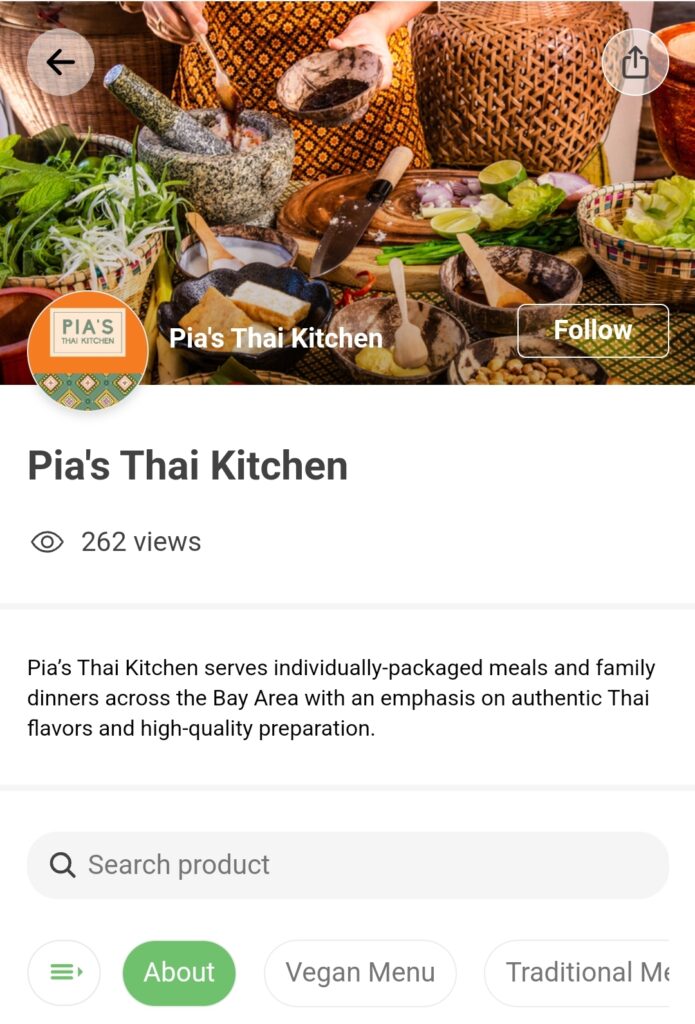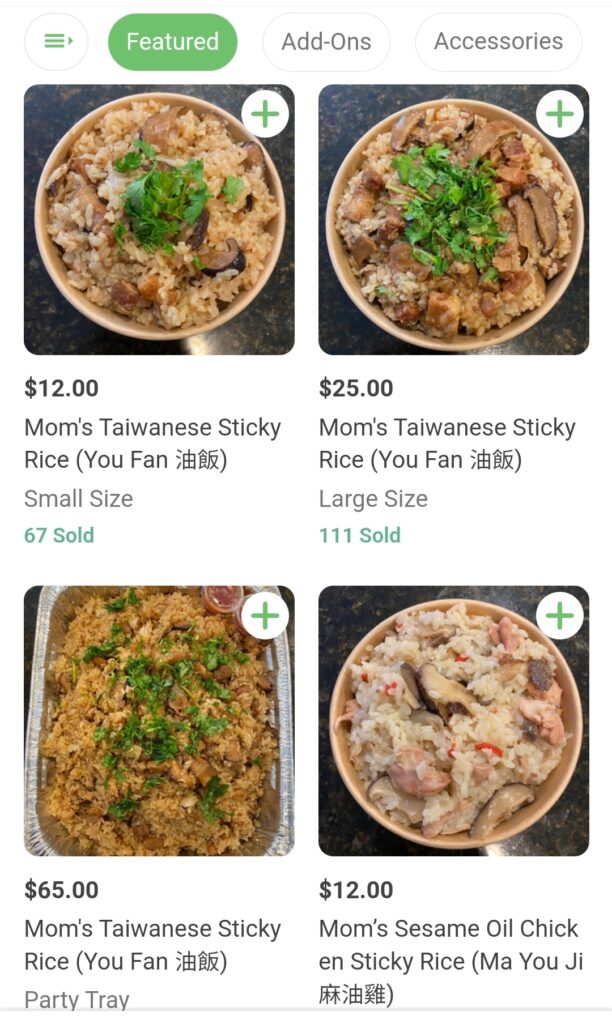You’re a talented home chef who loves to cook for others, and you take pride in sharing your culture through cuisine. Selling homemade food online would be a perfect side hustle, but you don’t know where to start. Here is what you need to know to run your home-cooked food business safely and successfully.

Sell Homecooked Food Online Legally
In order to start selling homemade food online, your dishes will need to be approved and tested. Cottage food laws do not allow meat or foods that require refrigeration, so you will need to obtain a permit to sell homemade meals. Each state has a different set of requirements for operating food businesses.
In California, you need to register your homecooked food business as a microenterprise home kitchen operation. There’s a $50,000 annual sales cap for these types of food businesses, and every microenterprise home kitchen operation must go through inspections, recipe approvals, and lab testing. As the business owner, you will need to have food safety training and a permit/license.
However, this home-based food business option is not available in all cities and counties. Individual cities and counties must opt-in to allow microenterprise home kitchens, so check your county’s website.
Open an online store for your homemade food
Once you have ensured that you can legally sell homemade food online, it’s time to set up an online shop. You can open an online store for your homemade food business on Airmart in just 10 minutes.
To start, you will need:
- A name for your homemade food business
- Photos of the food you are going to sell
- Product descriptions for each food item
- A plan for pickup and/or delivery
Here is an example of a homemade food storefront:

Homemade food photography
Photos change everything. Even the most delicious food can look unappetizing in bad photos. Find a friend with a digital camera or ask an iPhone photography genius to take photos of your homemade food. (You can pay them by letting them take home all of the food afterward).

Homecooked food product descriptions
Your city or county regulations will require you to include an ingredients list and any allergens on the food labels, but you should also include this information in the product descriptions in your Airmart store.
Pickup and delivery
You might not want customers showing up at your home to pick up their orders, so find a public, accessible meeting place for pickups. If you’d like to hand-deliver each order, you can use Airmart’s delivery route planning tool to find the most efficient way to make deliveries.
Take pre-orders for homemade food
Remember, you don’t have to cook a single thing until your receive orders. Airmart allows you to take pre-orders, so nothing has to be made on demand. This means you could set the ordering deadline for Wednesday every week and schedule pickup for Saturday to give yourself time to prepare everything.

Advertising your homemade food business
Now that you have an online shop, share your homemade food through social media and word-of-mouth. Here are some ways Airmart home chefs have spread the word about their shops:
- Post in Facebook groups (Example: If you make vegan food, find a vegan group for your area. If your food is halal, there’s probably a local halal food group you can join).
- Share your business on Nextdoor
- Drop business cards off at local businesses and offices
- Create an Instagram for your shop
Airmart is the ideal platform for home chefs who need an affordable online storefront. The intuitive store dashboard makes it easy to track orders, process and verify payments, and communicate with customers.